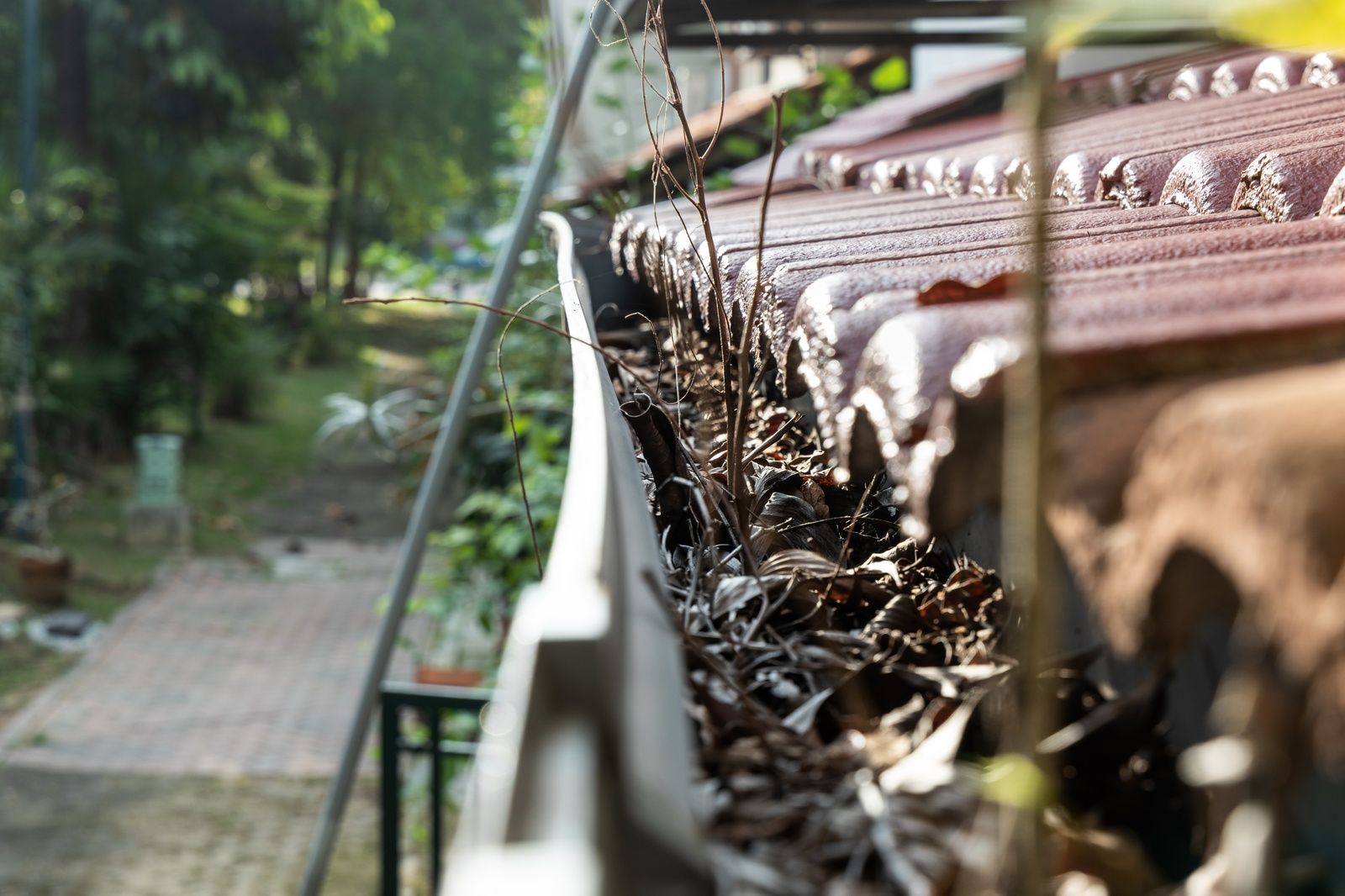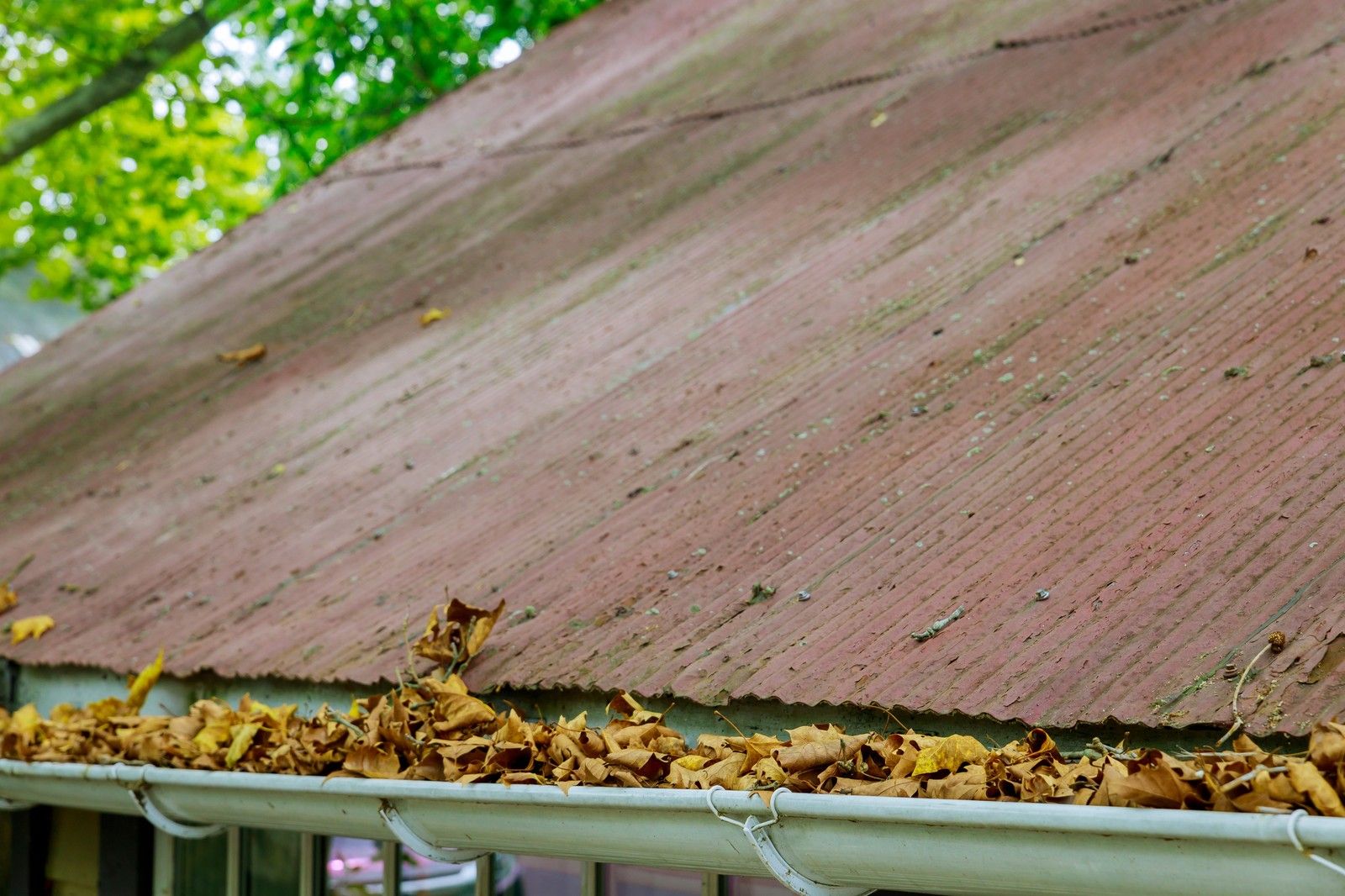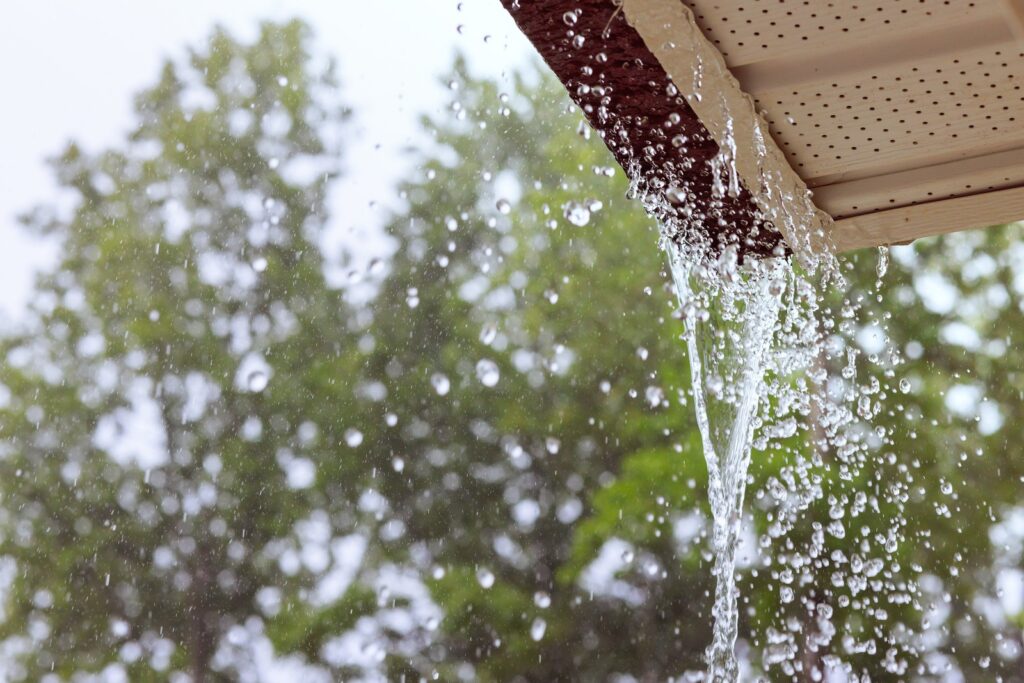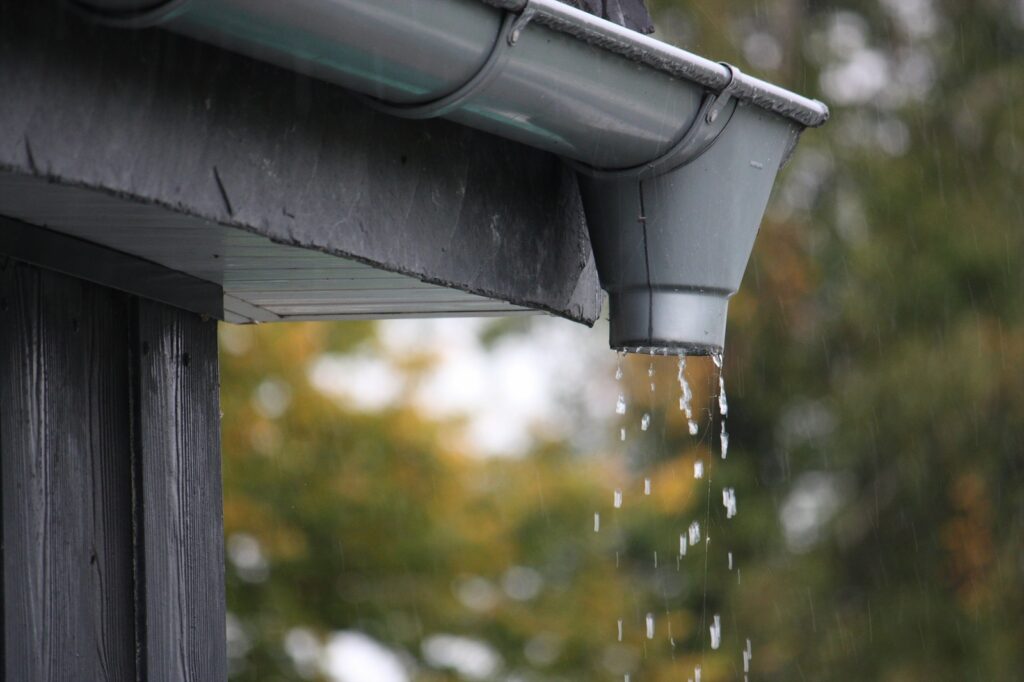How Much Does Gutter Cleaning Cost In Florida?
So, you’re probably here because you’ve been staring at those gutters on your roof, wondering two things: Do they really need cleaning? and How much is this going to cost me?
If you live in Florida, where rainstorms and humidity are basically part of the lifestyle, the answer to the first question is a big yes. Clogged gutters can lead to water damage, mold, and even foundation issues—none of which are cheap to fix.
As for the second question, well, that’s what we’re going to talk about today.
In this post, we’ll break down how much does gutter cleaning cost in Florida, so you know exactly what to expect (and why it’s worth every penny).
Plus, we’ll give you a quick rundown of our prices.
Average Gutter Cleaning Costs In Florida
Gutter cleaning can cost anywhere from $100 to $500 in Florida.
Here are some general price ranges based on home size and type:
- Small homes (1-story, 1,500 sq. ft.): $100 to $150
- Medium homes (2-story, 2,500 sq. ft.): $150 to $250
- Larger homes (3-story, 3,000 sq. ft. or more): $200 to $500+
Of course, this is just a ballpark figure. Every house is different, and there are a bunch of factors that can nudge the price up or down (we’ll get into all that soon).
Most companies charge based on the linear footage of the gutters, so bigger homes or more gutter length can drive up the price. Some companies might also offer a flat rate for a standard-sized home.
The best way to get an accurate estimate is to reach out to a local professional for a quote.
Also Check Out Our: Orlando Gutter Cleaning Services
Our Gutter Cleaning Prices
Our gutter cleaning prices fall between $100 and $500 too.
We calculate the exact price based on:
- How easy or hard it is to access your roof
- How many floors your home has
- The type of gutters you have
- The condition of your gutters (are there leaves, dirt, or even plants growing in them?)
- How much debris has built up
- Whether your downspouts need cleaning, and if they’re connected to underground pipes that need disconnecting
Each job is different, so we’ll give you a custom quote based on what’s going on with your gutters. Get in touch with us anytime for a FREE estimate!
Factors That Affect The Cost Of Gutter Cleaning
There are a few things that can impact how much gutter cleaning will set you back. Let’s go through them, so you’re not caught off guard when the bill comes:
#1 Gutter Length
The longer your gutters, the more cleaning they’ll need. It’s pretty simple — more gutters mean more time spent clearing them out.
The price usually increases based on how much linear footage of gutters you have.
So, if you’ve got a sprawling ranch or a big multi-level home, you’re probably looking at a larger bill.
Also, keep in mind that the more gutters you have, the more debris there’s likely to be, which means it’ll take longer to remove it all. The time adds up, and so does the cost.
#2 Gutter Condition
If you’ve been putting off gutter cleaning for a while, don’t be surprised if the price goes up.
Over time, gutters can get filled with all sorts of debris, and when it’s left for too long, it can turn into a bigger job.
For example, if your gutters have been clogged and the water has nowhere to go, it could lead to some overflow and water damage around your home. This could mean more cleaning time and, possibly, repairs to your gutters.
The worse the condition, the longer it takes, and the higher the price tag.
But if your gutters are generally well-maintained and just need a quick clear-out, the job will be simpler (and cheaper!).
Also Read: Gutters overflowing but not clogged
#3 Height Of Your Home
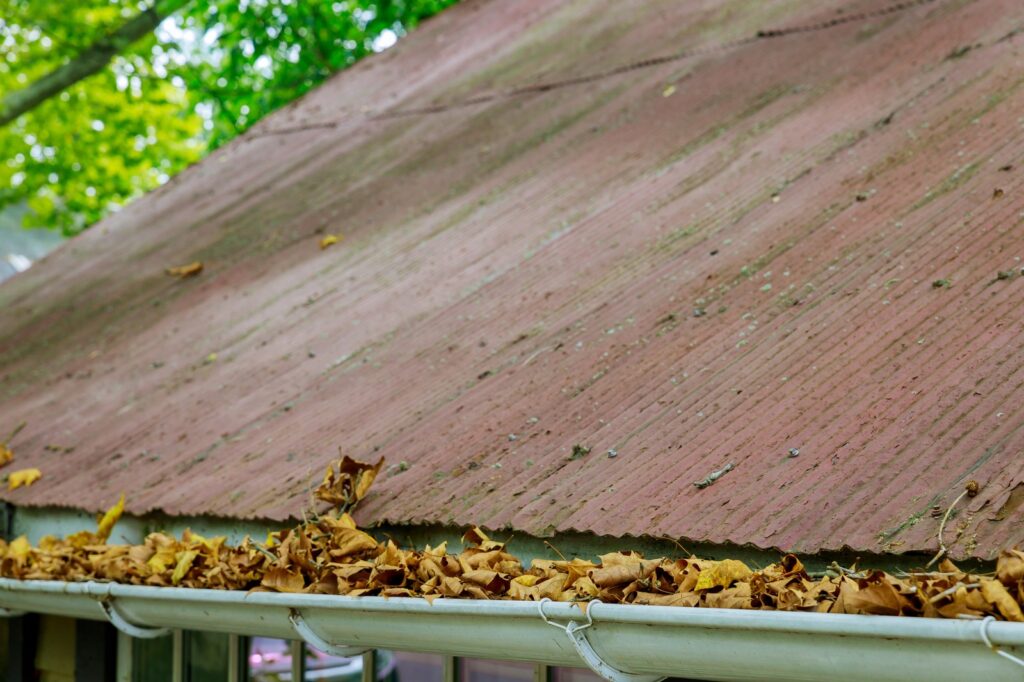
If you have a one-story home, the cleaning job is pretty straightforward. But once you get into two or three stories, things get trickier. The higher your home, the more risk is involved.
Professional gutter cleaners will need extra tools and ladders, or sometimes even scaffolding, to reach the higher gutters.
The more equipment and safety measures they need to use, the more you’ll pay.
Plus, if your home is taller, it usually means a larger home overall, which could mean more gutters to clean as well!
#4 Roof Slope
A steep roof may seem like no big deal, but it actually plays a big role in gutter cleaning costs.
The steeper the roof, the harder it is to get to the gutters safely. Workers need to take extra precautions when cleaning gutters on a steep roof to prevent accidents.
Plus, steep roofs often have more debris buildup because the leaves and dirt tend to slide down into the gutters more quickly.
So, not only is it harder to clean, but you’re also dealing with more junk to remove.
Naturally, all of this extra care and effort will bump up the price.
#5 Accessibility
Access to your gutters is another biggie when it comes to pricing.
If your gutters are easy to reach, like on a standard single-story house with clear ground access, it’s a pretty smooth job. But if your gutters are surrounded by trees, plants, or other obstacles, the cleaners might have to work around those, which adds time and effort.
Sometimes workers might even need special tools to reach gutters that are in difficult spots.
So if your gutters are not easily accessible, you’re looking at a higher bill.
#6 Type Of Gutters
Not all gutters are the same. Some are wide and easy to clean, while others are narrow or have fancy designs that make the process slower.
For example, seamless gutters are pretty straightforward, but if you’ve got copper gutters or custom-built ones, the crew might need to take extra care to avoid damaging them.
Then there’s the issue of debris traps.
Some gutters come with built-in screens or covers to keep leaves out, which sounds great in theory. But if those screens get clogged, they can be a pain to clean.
So if you’ve got high-end gutters, expect to pay a little extra.
#7 Location
Where you live in Florida can also affect the cost of gutter cleaning in Florida.
Florida’s a big state, and prices can vary depending on your city or town. Urban areas like Miami, Orlando, or Tampa tend to have higher rates because of demand, competition, and local labor costs.
In smaller towns or rural areas, you might find cheaper options.
But location isn’t just about the city—it’s also about your neighborhood.
If you live in a gated community or a place with strict HOA rules, the gutter cleaning company might need to follow specific guidelines, which could add to the cost.
Plus, if you’re in an area prone to heavy storms or hurricanes, you might need more frequent cleanings, which can add up over time.
Additional Services That Impact Cost
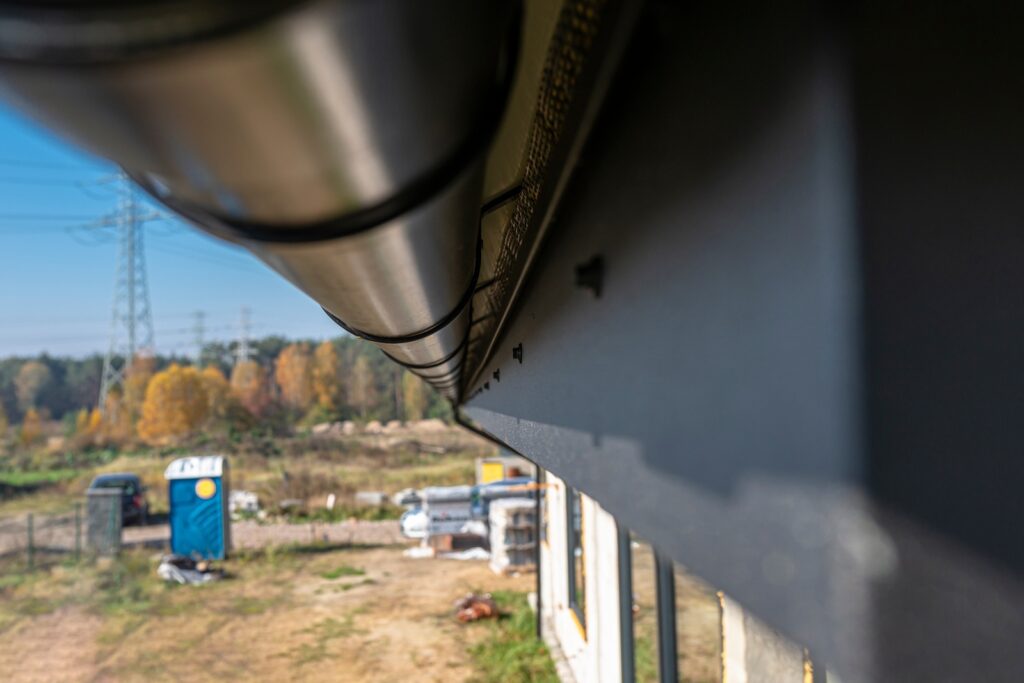
Sometimes, basic gutter cleaning isn’t enough. Maybe your gutters need a little extra TLC, or you want to bundle services to save time. Here are a few extras that could bump up the price:
- Downspout Cleaning — If your downspouts are clogged, it may take extra time to clean them out. This can come at an additional charge.
- Repairs — If the cleaning service spots any issues with your gutters, like cracks or rust, you may be offered repair services. Obviously, repairs will increase the cost of the job.
- Gutter Guard Installation — Some homeowners choose to have gutter guards installed after cleaning.
These add-ons aren’t mandatory, but they can help extend the life of your gutters.
Also Check Out Our: Gutter Guard Installation Services In Orlando
Bottom Line
The cost of gutter cleaning in Florida is around $100 – $500.
This might seem like a lot at first glance, but think about it this way: it’s way cheaper than fixing a flooded basement or replacing rotten siding.
Plus, hiring a pro means you don’t have to climb a ladder yourself, which is always a win.
Before you hire someone, shop around. Get a few quotes, ask questions, and make sure the company is reputable and insured. Or if you are in Orlando – give us a call!

